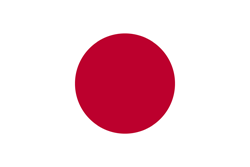Visa, the global payment company, aims to expand its electronic payments in Cambodia, seeing the country’s economic growth as a chance to expand.
Sean Preston, Visa’s country manager for Vietnam, Cambodia and Laos, set out the investment expansion plan at a meeting with Economy and Finance Minister Aun Pornmonirath last week.
“Visa has been cooperating with local banks to use Visa credit and debit cards, aiming to expand more business in the country,” Mr Preston said.
“Due to the economic growth in Cambodia in consecutive years, Visa card usage rose by 65 percent in 2017.”
He said he expected Visa use to keep increasing this year.
“Visa also aims to cooperate with the Ministry of Economy and Finance to study the feasibility of tax payment or other revenues via an electronic payment system, which will give another use in the future,” Mr Preston said.
Mr Pornmonirath welcomed electronic payment for income collection and any feasibility study.
Electronic payments were important for the economy to be effective and for financial inclusiveness.
“Nowadays in terms of attracting foreign investments and encouraging and protecting foreign investments, Cambodia had been implementing a ‘Friendly Business Environment’ policy,” he said.
“Implementing this will give more encouragement to foreign investors with confidence in Cambodia.”
Visa announced in September last year its credit and debit cards were accepted at Angkor Wat, one of world’s most popular tourist destinations, to drive tourism and increase the shift from cash to electronic payments in Cambodia.
Visitors to Cambodia can use their Visa cards at more than 7,000 merchant locations and more than 1,000 ATMs across the country.
KHNER TIMES










